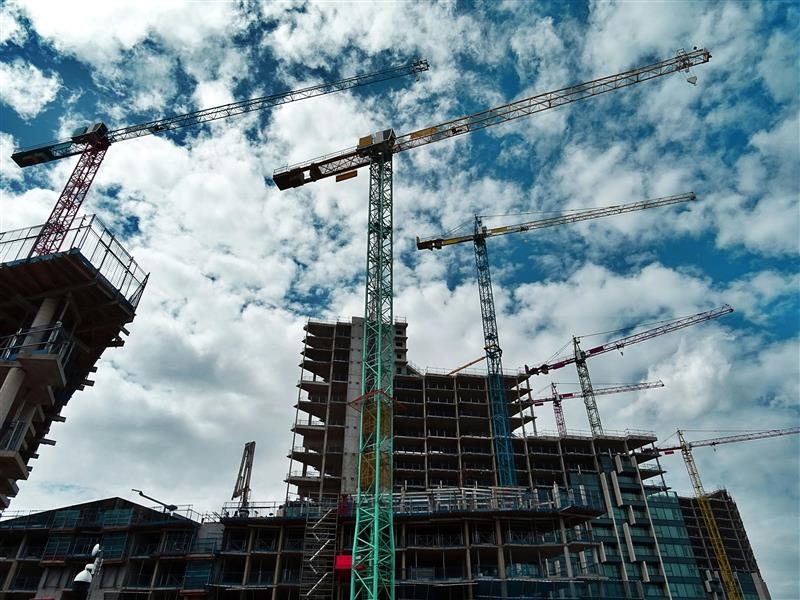Construction projects, whether commercial or residential, involve numerous stakeholders, complex processes, and strict timelines. Successfully navigating these challenges often requires expert oversight, and this is where an owners project manager Denver plays a vital role. Acting as the owner's representative, this professional ensures that projects are executed efficiently, on budget, and according to specifications. Their expertise bridges the gap between the owner, architects, contractors, and other stakeholders, providing a clear line of communication and accountability throughout the project lifecycle. Understanding the responsibilities and impact of an owners project manager can help owners make informed decisions and achieve successful project outcomes.
Understanding the Role
An owners project manager (OPM) serves as the liaison between the project owner and the construction team. Unlike general contractors, whose focus is on executing the construction itself, an OPM represents the owner's interests, ensuring that the project aligns with the initial vision, budget, and timeline. They oversee planning, coordination, and execution while mitigating risks that could cause delays or cost overruns.
The role encompasses strategic oversight, including reviewing contracts, evaluating proposals, monitoring project milestones, and ensuring compliance with regulatory standards. By having a dedicated professional focused on the owner's priorities, construction projects benefit from increased transparency, improved communication, and a proactive approach to problem-solving.

Key Responsibilities
The responsibilities of an owners project manager Denver can be broadly categorized into planning, management, and oversight.
Planning and Pre-Construction
During the early stages of a project, an OPM collaborates with architects, engineers, and consultants to refine designs and ensure feasibility. This phase involves budgeting, scheduling, risk assessment, and resource allocation. The manager evaluates different construction approaches, materials, and technologies to recommend solutions that meet both functional and financial objectives.
Project Management During Construction
Once construction begins, the OPM monitors progress, ensures adherence to schedules, and coordinates between multiple contractors and subcontractors. They conduct regular site visits, track project milestones, and provide detailed reports to the owner. Any issues, such as delays, cost variations, or design discrepancies, are promptly addressed to prevent escalation.
Quality Control and Compliance
An important aspect of the role is maintaining quality standards and ensuring compliance with local building codes and safety regulations. The OPM inspects work, reviews materials, and verifies that contractors follow industry best practices. This oversight minimizes the risk of construction defects, legal issues, and future maintenance challenges.
Benefits of Hiring an Owners Project Manager
There are several advantages to having an OPM involved in construction projects:
- Cost Efficiency: By monitoring budgets, negotiating contracts, and preventing costly mistakes, an OPM helps keep the project financially on track.
- Time Management: Efficient scheduling and proactive problem-solving reduce delays and ensure that deadlines are met.
- Improved Communication: Serving as a single point of contact for all parties streamlines information flow and reduces misunderstandings.
- Risk Mitigation: Early identification and resolution of potential issues protect the owner's investment.
- Enhanced Quality: Continuous oversight ensures that construction meets design specifications and quality expectations.
With these benefits, a professional owners project manager Denver adds significant value to any construction project, providing peace of mind to owners and helping achieve successful outcomes.
Choosing the Right OPM
Selecting a qualified OPM is critical for project success. Experience in similar types of projects, understanding of local building regulations, and strong negotiation and leadership skills are essential qualities. Owners should evaluate the manager's track record, certifications, and references to ensure alignment with project goals.
Collaboration is also key. An OPM must work effectively with architects, engineers, contractors, and other stakeholders while keeping the owner informed. The ability to balance technical knowledge, project management skills, and interpersonal communication defines a truly effective manager.
Long-Term Impact
An owners project manager's influence extends beyond the completion of construction. Properly managed projects are more likely to stay within budget, meet deadlines, and require less maintenance in the long run. The guidance provided during the construction phase also helps in strategic decisions regarding future expansions or modifications.
By prioritizing the owner's goals and maintaining a high level of professional oversight, an OPM contributes to the overall success and longevity of a building. Their expertise ensures that projects are not only completed efficiently but also deliver lasting value.
Conclusion
Hiring an owner's project manager Denver is a strategic decision for any construction project, offering expertise, oversight, and accountability from inception to completion. By managing budgets, timelines, quality, and communication, an OPM ensures that the owner's vision is realized while minimizing risks and inefficiencies. Whether for commercial developments, residential complexes, or specialized construction projects, having a professional dedicated to representing the owner's interests makes a substantial difference. Involving the owner's project manager in your project ensures smoother execution, better results, and a construction process that is both efficient and successful.





